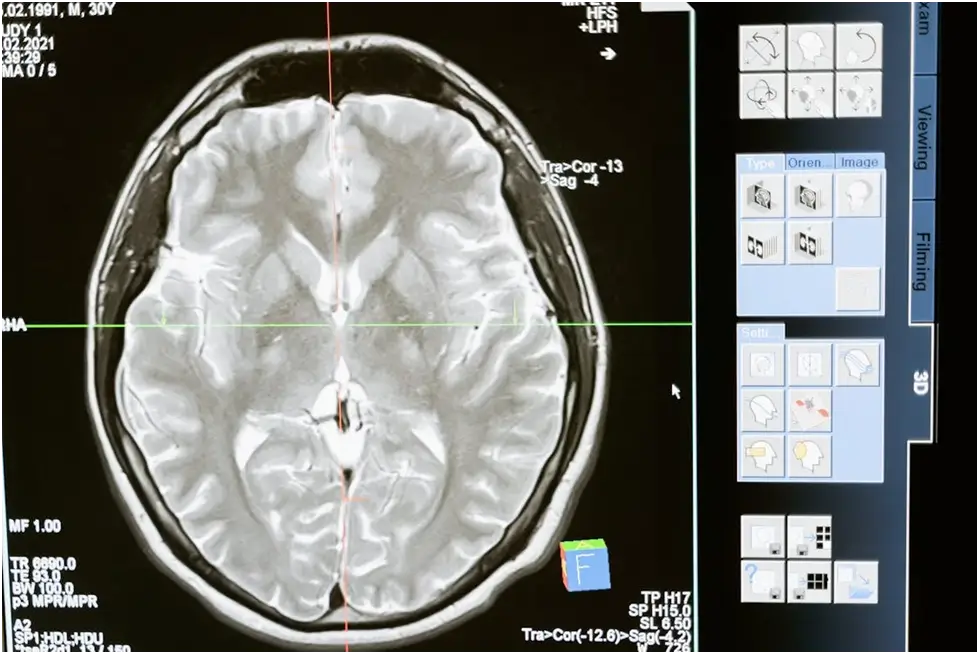We cannot begin to fathom what the brain is capable of. Since it’s the organ that ensures every part of the body functions to its utmost best, the brain is one thing you wouldn’t want to put in harm’s way.
1. Get the right nutrition
Another important nutrient you should consume is omega-3. Not only does it lead to a healthier heart, but it’s also an antioxidant that optimizes neural transmission. This helps stabilize your mood and increase your ability to absorb and recall information.
2. Protect yourself from concussions
Slip-and-fall situations as well as intentional hits to the head could also lead to concussions and more serious conditions. If that’s the case, you only need to seek medical attention immediately and use your right to be compensated for the injury you sustained. If it happened in New Jersey, you can reach out to an Englewood injury attorney who handles traumatic brain injuries.
3. Keep your mind active
Just like the rest of your body, your brain also needs to undergo a workout regimen focusing on stimulating your mental faculties. Along with physical protection and consuming meals that promote brain health, you should also take part in activities that keep your neurons engaged, generate new cells, and improve focus, creativity, and critical thinking.
4. Deal with stress the right way
Another thing that amplifies brain degradation is prolonged exposure to stress. Working long hours in a highly demanding job can take a toll on neurotransmitters which are forced to go on overdrive. This is particularly true when you take part in all-nighters and get less than the average amount of sleep needed by your brain. Aside from insomnia, stress can also contribute to a higher risk of depression and dementia which may worsen as you age.
5. Stay physically active
Your brain can benefit just as much from exercise. A workout regimen can do more than uplift your mood by producing “feel-good” hormones. In this article from Harvard Medical School, certain exercises can improve certain regions in the brain, leading to enhanced thinking skills and other cognitive functions.
Endnote
Your brain is a powerhouse, so don’t let it go to waste. Use these tips and live a life that’s laser-focused on your goals.




